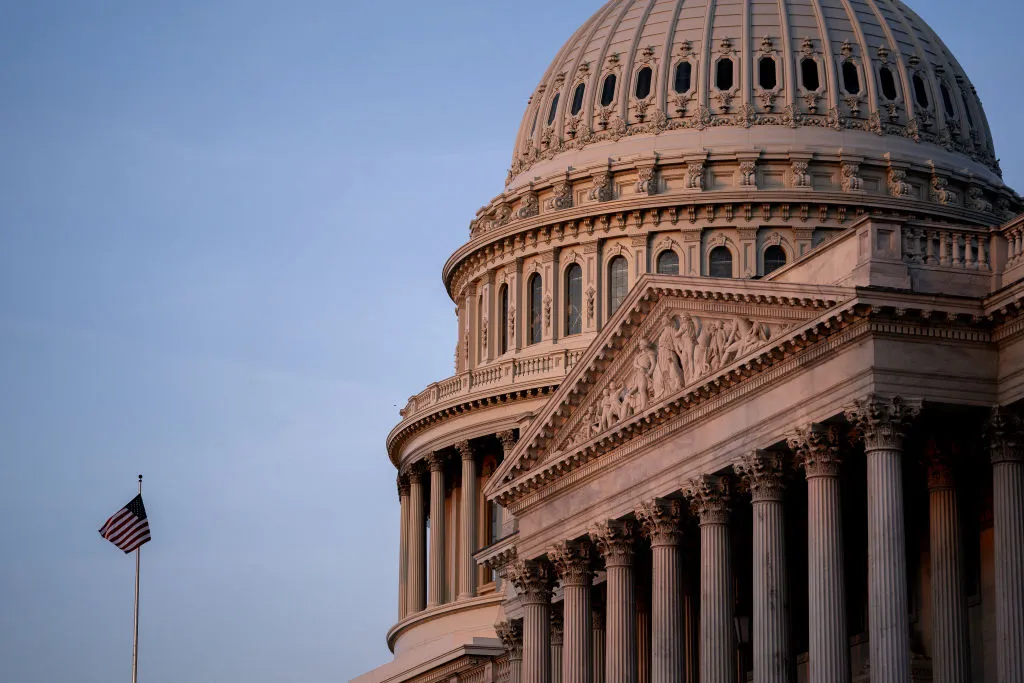
The U.S.Commerce Department has released a report advocating for”open-weight”generative AI models,such as Meta’s Llama 3.1,while also recommending the development of governmental capabilities to monitor potential risks associated with these models.Authored by the National Telecommunications and Information Administration(NTIA),the report emphasizes the benefits of open-weight models,which make generative AI accessible to small companies,researchers,nonprofits,and individual developers.The report advises against restricting access to these models without first assessing the potential market impact of such restrictions.
This perspective aligns with recent comments by FTC Commission Chair Lina Khan,who supports the idea that open models can foster healthy competition by enabling more small players to bring their ideas to market.Alan Davidson,assistant secretary of Commerce for Communications and Information and NTIA administrator,highlighted the importance of open AI systems in fostering competition,innovation,and managing risks,calling for more active monitoring of the widespread availability of model weights.
The report arrives amid ongoing regulatory discussions both domestically and internationally.California is on the verge of passing SB 1047,which would impose stringent cybersecurity requirements on companies training models with significant computational power and mandate a mechanism to disable copies of such models.In the European Union,the newly finalized AI Act sets compliance deadlines and imposes rules concerning copyright,transparency,and AI applications.Meta has indicated that the EU’s policies may hinder the release of some open models in the future,while various startups and tech companies argue that California’s proposed law is excessively burdensome.
Despite its support for open-weight models,the NTIA does not advocate for a completely laissez-faire approach.The report recommends the establishment of an ongoing governmental program to gather evidence on the risks and benefits of open models,evaluate this evidence,and potentially impose restrictions on model availability if necessary.It suggests that the government should research the safety of various AI models,support research into risk mitigation strategies,and develop risk-specific indicators that could trigger policy changes.
These steps are intended to align with President Joe Biden’s executive order on AI,which calls for new standards in the creation,deployment,and use of AI.U.S.Secretary of Commerce Gina Raimondo emphasized that the Biden-Harris Administration is committed to maximizing AI’s potential while minimizing its risks,describing the report as a roadmap for responsible AI innovation and American leadership.